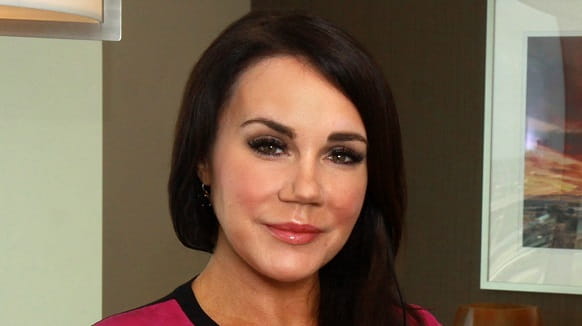Beginning January 1, 2024, the beneficial ownership reporting requirements set forth in the Corporate Transparency Act (the “Act”), and the related regulations adopted by the U.S. Treasury’s Financial Crimes Enforcement Network (“FinCEN”), take effect.
Under the CTA, reporting companies will be required to file an initial report with the identifying information of the company and its beneficial owners and company applicants. Once the initial report has been filed, reporting companies must update their reports within 30 days of a change to any identifying information. To review the details of what constitutes a reporting company and what information must be reported, read our full overview of the CTA here.
In general, trusts will not fall under the definition of a reporting company and thus will not be required to file a report with FinCEN. However, a trust may be an owner of a reporting company, in which case it may need to provide the identifying information about its beneficial owners to the reporting company for inclusion in the company’s FinCEN report.
If a trust owns 25% or more of a reporting company or has substantial control over the reporting company, then the individuals who ultimately own the interest in the reporting company through the trust qualify as beneficial owners. This usually means one or more of the following individuals must be reported: (i) the Trustee, (ii) the beneficiary, (iii) the Settlor, and (iv) other individuals named in the trust who have certain powers. You should consult your estate planning attorney to determine who must be reported if a trust owns 25% or more of a reporting company.
The Trustee must be reported if the Trustee has authority to dispose of trust assets or vote shares of the reporting company. A beneficiary must be reported if he or she is the sole permissible recipient of income and principal of the trust, or has the power to withdraw substantially all of the trust assets. The Settlor must be reported if the Settlor has the right to revoke the trust or withdraw the assets of the trust (this could include a Settlor’s power to swap assets with the trust and reacquire assets from the trust).
If an individual other than the Trustee (i.e., a distribution advisor, a trust protector, a member of the trust committee, and an investment advisor) has the authority to dispose of trust assets, such individual must be reported. If a corporate Trustee is serving, the reporting company will be responsible for obtaining the names and information of the employees who administer the trust on behalf of the corporate Trustee.
Ways to reduce the number of individuals reported as beneficial owners of a trust.
- Limit the number of individuals who have the power to dispose of trust property and vote interests in the reporting company.
- The Settlor could elect not to retain a power to reacquire or withdraw assets from the trust; however, this could limit the Settlor’s future estate planning opportunities. Retention of the power to swap assets and/or reacquire assets, causes the income of the trust to be taxable to the Settlor, and gives the Settlor the ability to swap an asset with a high basis for an asset held by the trust with a low basis, so the low basis asset would then be in Settlor’s estate and would receive a stepped-up basis on the Settlor’s death.
- Include multiple beneficiaries who can receive distributions and do not give any beneficiary the right to demand or withdraw substantially all of the assets from the trust.
Minors and the CTA.
Minor children are not included in the definition of “beneficial owner;” therefore, reporting a minor’s information is not required. Instead, the parent or guardian of a minor child who would otherwise be considered a beneficial owner is required to report his or her information. The determination of whether a child is a minor is made under the laws of the state in which the entity was formed; under Texas law, a child is a minor if the child is under the age of 18.
For example, if Z is 15 years old and the sole beneficiary of a trust that owns more than 25% of a reporting company, then Z’s information would not be reported, but her mother or father’s information must be reported in her place.



